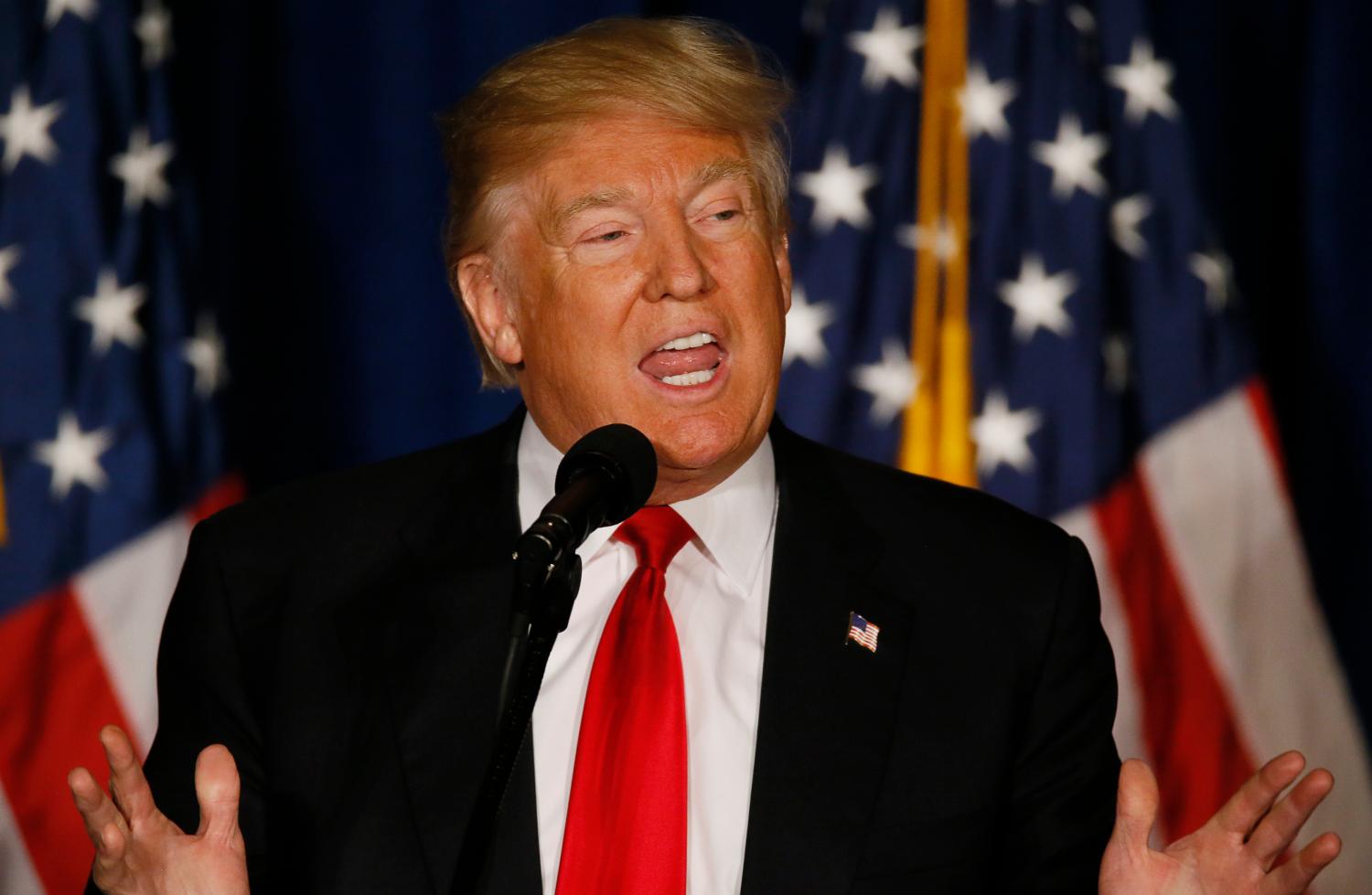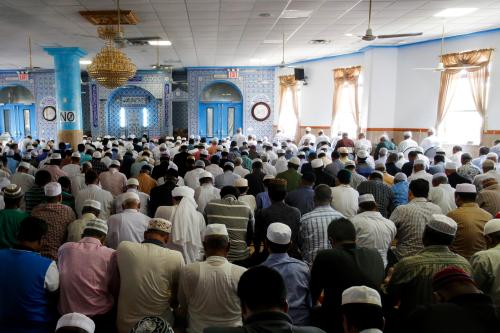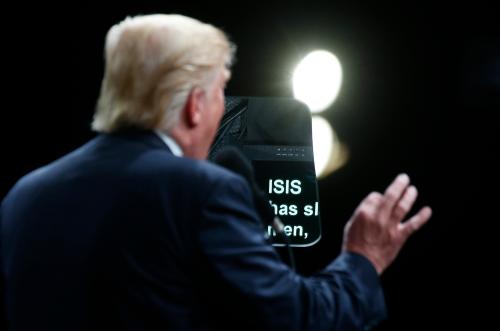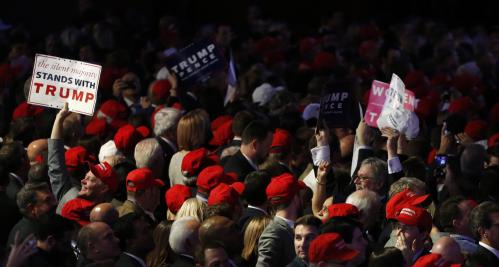Editors’ Note: Presumptive Republican presidential nominee Donald Trump has proposed, in various forms and iterations, banning Muslims from entering the United States “until we figure out what’s going on,” in his words. Shadi Hamid responds to this proposal below, in an excerpt from a longer piece in The Atlantic in which Uri Friedman surveys various experts on the issue.
If Donald Trump is really interested in understanding the roots of anti-Americanism, there’s a solution: to read the hundreds of books and articles written on why, exactly, “Muslims” might not be particularly enthused about American policy in the Middle East (there’s little evidence to suggest that large numbers of Muslims have any particular antipathy toward Americans as people).
But it’s possible that Trump is just being imprecise. Perhaps what he really wants to say is not that Muslims “hate” Americans, but rather that they may be ambivalent about or even opposed to certain liberal values that are associated with being American. Obviously, it is impossible to generalize about an entire religious group, but polling does suggest that majorities in Arab countries like Egypt and Jordan, as well as non-Arab countries like Indonesia and Malaysia, aren’t quite classical liberals when it comes to issues like apostasy, religiously derived criminal punishments, gender equality, or the relevance of religious law in public life more generally.
If this happens to be Trump’s argument, it would be ironic, since Trump himself cannot be considered a liberal in the classical sense. In fact, he fits the definition of an “illiberal democrat” quite well, as I argued in a recent essay here in The Atlantic. That said, I have to admit that I’m concerned about anti-Muslim bigots misconstruing my own arguments around “Islamic exceptionalism”—that Islam has been and will continue to be resistant to secularization—after the attacks in Orlando. It’s undoubtedly true that large numbers of Muslims in both the West and the Middle East consider homosexual activity to be religiously unlawful, or haram, but let us be careful in drawing a link between such illiberalism (which many Christian evangelicals and Republican politicians share) and the desire to kill. That’s not the way radicalization works. We would never argue, for instance, that Senators Ted Cruz or Marco Rubio are “at risk” individuals who may, if we don’t keep a close eye on them, commit mass murder against gay Americans.
In any case, conservative Muslims, orthodox Jews, Christian evangelicals (or for that matter Trump supporters residing in Poland who want to emigrate to the U.S. if Trump wins) have the right to be “illiberal” as long as they express their illiberalism through legal, democratic means. These are rights that are protected by the American constitution, enshrined in the Bill of Rights.
[L]et us be careful in drawing a link between such illiberalism…and the desire to kill. That’s not the way radicalization works.
Perhaps Trump is thinking specifically about violence perpetrated by Muslims, as he suggested in comments after the Orlando attacks. The interesting thing though—and something that is rarely acknowledged by U.S. politicians—is that the preponderance of Middle Eastern violence in recent decades has been perpetrated not by Islamists but by secular autocrats against Islamists, in the name of national security. These, as it happens, are the very strongmen that Trump seems to have such a soft spot for.
Ultimately, Trump cannot, through the force of arms or his genuinely frightening anti-Muslim rhetoric, compel the many conservative Muslims in the Middle East to be something they’re not, or would rather not be. To suggest that Muslims need to be secular or irreligious (by Trump’s own arbitrary standards) is dangerous. The message there is one that ISIS would find appealing for its own divisive purposes: that an increasingly populist and bigoted West has no interest in respecting or accommodating Islam’s role in public life, even when expressed legally and peacefully. The sad fact of the matter, though, is simple enough: Trump has less respect for the American constitution than the vast majority of American Muslims, many of whom, like me, are the children of immigrants. In Trump’s America, it so happens, my parents would have been banned from ever entering in the first place.
The Brookings Institution is committed to quality, independence, and impact.
We are supported by a diverse array of funders. In line with our values and policies, each Brookings publication represents the sole views of its author(s).








Commentary
Trump’s proposed ban on Muslims
June 18, 2016